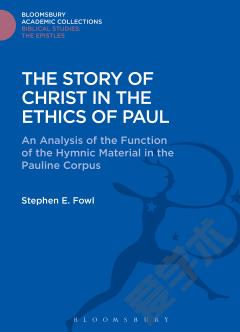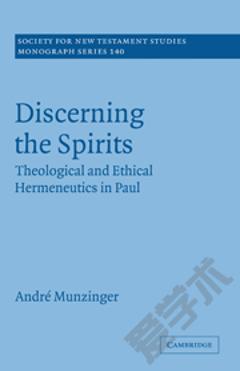The Psychotheology of Sin and Salvation —— An Analysis of the Meaning of the Death of Christ in Light of the Psychoanalytical Reading of Paul
----- 罪与救赎的心理学 - 从保罗的精神分析解读看基督之死的意义
Through the employment of the work of Slavoj Žižek and his engagement with the Apostle Paul, Axton argues that Paul in Romans 6-8 understands sin as a lie grounding the subject outside of Christ, and salvation is an exposure and displacement of this lie. The theological significance of Žižek (along with Sigmund Freud and Jacques Lacan) is his demonstration of the pervasive and systemic nature of this lie and its description as he finds it in Romans 7. The specific overlap of the two disciplines of psychology and theology is found in the psychoanalytic understanding that the human Subject or the psyche is structured in three registers: the symbolic, the imaginary and the real. These three registers function like a lie analogous to the Pauline categories of law, ego, and the 'body of death' which constitute Paul's dynamic of sin's deception. Axton argues that if sin is understood as a lie grounding the Subject, the exposure of the lie or the dispelling of any notion of mystery connected to sin is integral to salvation and the reconstructing of the Subject in Christ. While the lie of sin is mediated by the law, new life in the Spirit is not through the law but is a principle unto itself, which though it accounts for the law, is beyond the law.
{{comment.content}}








 京公网安备 11010802027623号
京公网安备 11010802027623号